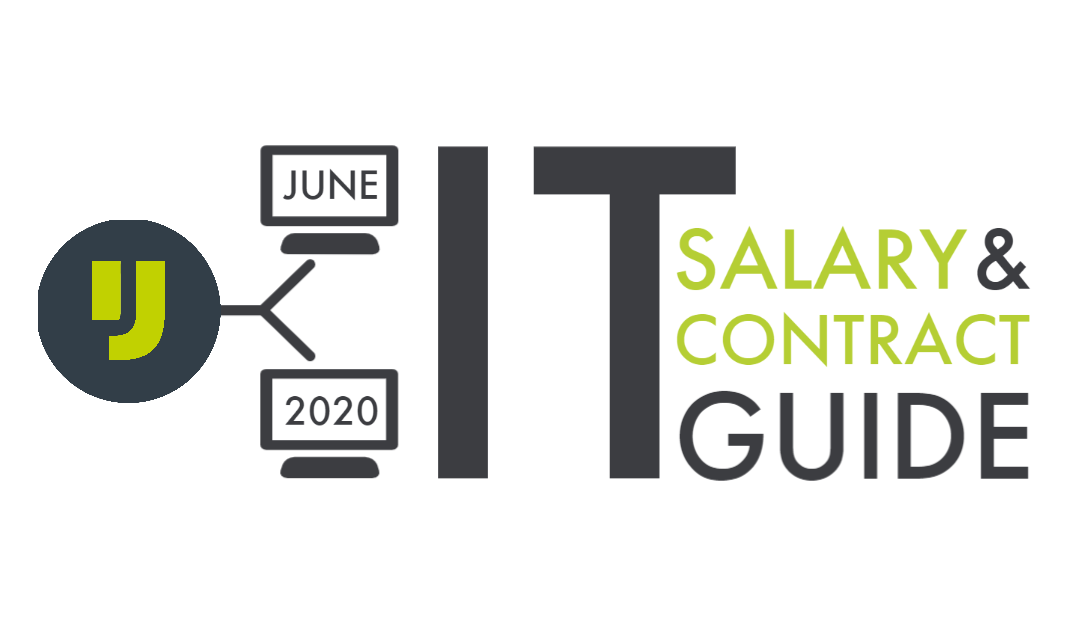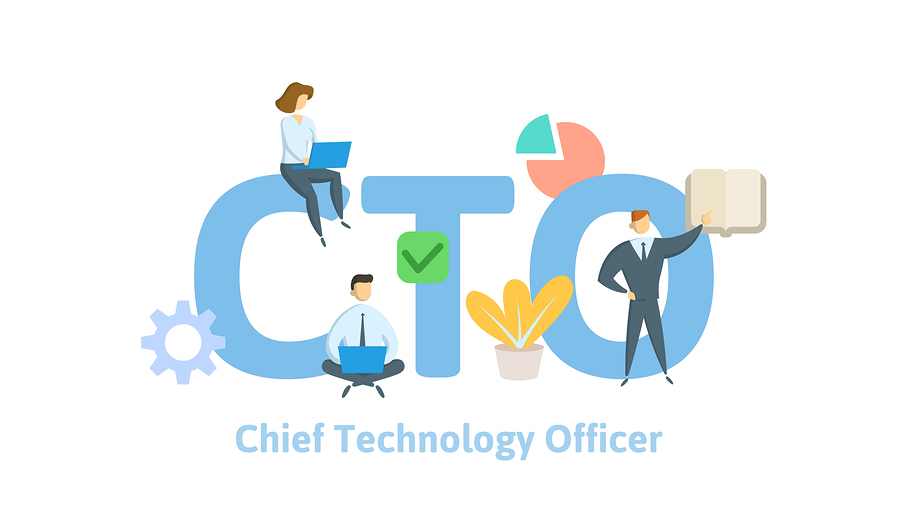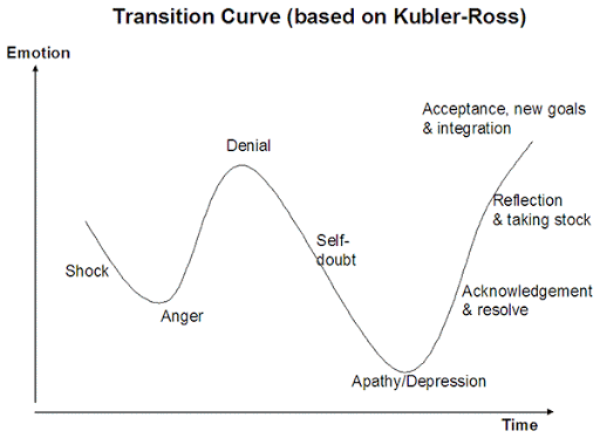Top 3 Chief Technology Officer Interview Questions
What is the Chief Technology Officer?
A Chief Technology Officer (CTO), sometimes known as a chief technical officer or chief technologist, is an executive-level position in a company or other entity whose occupation is focused on the scientific and technological issues within an organisation.
Salary research specialist PayScale says popular skills for Chief technical officers, include expertise in software architecture, leadership, IT management, product development, and project management. However, Chief technical officers are increasingly praised for their knowledge of pioneering areas of technology, such as digital products, technical vision, and research and development (R&D).
Indeed, most hiring managers know they have to look beyond a job candidate’s technical qualifications when staffing for a Chief technical officer role. To get this kind of insight, businesses need to come up with a set of thoughtful interview questions to ask top candidates. Likewise, candidates need to understand what types of questions will be expected of them when they apply for a Chief Technical officer job role.
In order to help provide insight into the types of questions which will determine whether a candidate has the appropriate skills and knowledge for your business, here is a list of the top 3 must ask Chief Technology interview questions.
1) What experience do you have working with developers?
When Contrary to popular beliefs, not all Chief technology officer candidates have a working knowledge of managing software development projects, and those that do will have their own personal styles and approaches to overseeing team operations – whether it be from a distance or having a hands-on approach.
Answers to this question will provide the company with insights into your management styles and how this accordingly fits with their expectations. As for the company hiring, this interview question is extremely important to render whether this candidate’s style of management fits in with the existing practices and norms in place within the business.
For the Employer:
Analyse their previous work managing development teams and the specific examples of leading successful development projects.
For the Candidate:
In order to answer this common interview question accordingly, it is advantageous to cite your previous role and experience managing development teams. Provide specific examples and the overall outcome of these projects in order for them to gauge your approach. You should consider what skills you have brought to the table and how effectively you managed the team to stay on task and get the job complete. Do you have a developing background, if so, did you actively participate in the developing process?
Example: “I come from a web-developing background, so I like to take a hands-on approach with my development team managers to stay in the loop with the ongoings of the project and provide assistance when required”.
2) What experience do you have with software development or programming languages?
The role of a Chief Technical officer differs from company to company. There are several types of Chief Technical officers and typically, the software development companies choose the one that perfectly aligns with their business needs and objectives. The most dominant Chief Technical officers in the field are technical and operational.
- Technical Chief Technical officers are considered to be programmers. They will have a vast knowledge of software development and experience knowledge in programming, software architecture design and cloud-based infrastructure configuration.
- Operational Chief Technical officers are those who do not have any coding background knowledge or experience. Their skills revolve around finance, mentoring, project management and so forth.
Consequently, candidates who are from a technical Chief technical offices background will most likely have had experience managing their IT departments and take a more hands-on approach. A Chief technical officer from management or operational background will often leave details to their managers. Thus, asking this interview question enables you to gauge these issues.
For the Employer:
Look for their interests in the technical details of information technology and the candidate’s ability to articulate and confidently respond to the question. Personal side projects with appropriate examples are also important responses to suss whether their skills and experience is admirable for your business practices.
For the Candidate:
If you have taken a technical leadership type of approach in your previous job role, discuss your appreciation of utilising tools and technologies. Usually a software development company requires the CTO to have appropriate knowledge of creating an MVP which is expected to roll out in the target market. Discuss your ability to coach, mentor, train and support your staff in previous projects, sharing your experience knowledge to help those novices in the team easily adopt company culture.
Answering from an operational perspective, mention distinct examples of when you have worked with teams using software development or programming languages, establishing a strategy and managing the development process in the best possible way.
Example: ‘I come from an operational background, so I’m not an expert in programming. Although, I have first-hand experience in understanding how good managers leader developer teams by working closely with them to achieve a common goal”.
3) How will you keep up to date with current trends in technology?
Technology is an ever-changing industry. It is therefore vital for companies to employee someone who recognises the need to stay up to date on the technical developments within the industry. Thus, this interview question investigates whether the candidate is a suitable fit with an organisation. They should choose examples that relate to managing a business, especially an IT department.
For the employer:
Analyse their interest in continuing education in addition to their knowledge of current technology trends. Explore their management philosophy and whether they are a “cultural fit” to the organisation.
For the Candidate:
One of the responsibilities as a technical CTO is selecting the appropriate mobile or web development stack. They should easily identify the best technologies that have a great influence on project stability, scalability, and maintainability. Consequently, researching trends and products within the IT sphere is vital for this job role to ensure the company is adapting to the newest innovations – a landscape that is dramatically changing on a continuous basis.
Even if you do not maintain the necessary skills to put these technological innovations into practice, it is still extremely vital that you are aware of the current technological flow. A CTO needs to follow all critical trends that bombard the IT sphere and you will have to consider what the competitors do in order not to miss out on something essential. Having knowledge of existing and current trends and confidently articulating this will demonstrate to a company your ability to research as well as your genuine interest in this field of work.
Example: “This year I enjoyed reading ABC Technology Trends. It opened my eyes to the need to adopt proven technologies and the risks of buying into the leading edge too soon.”





Recent Comments